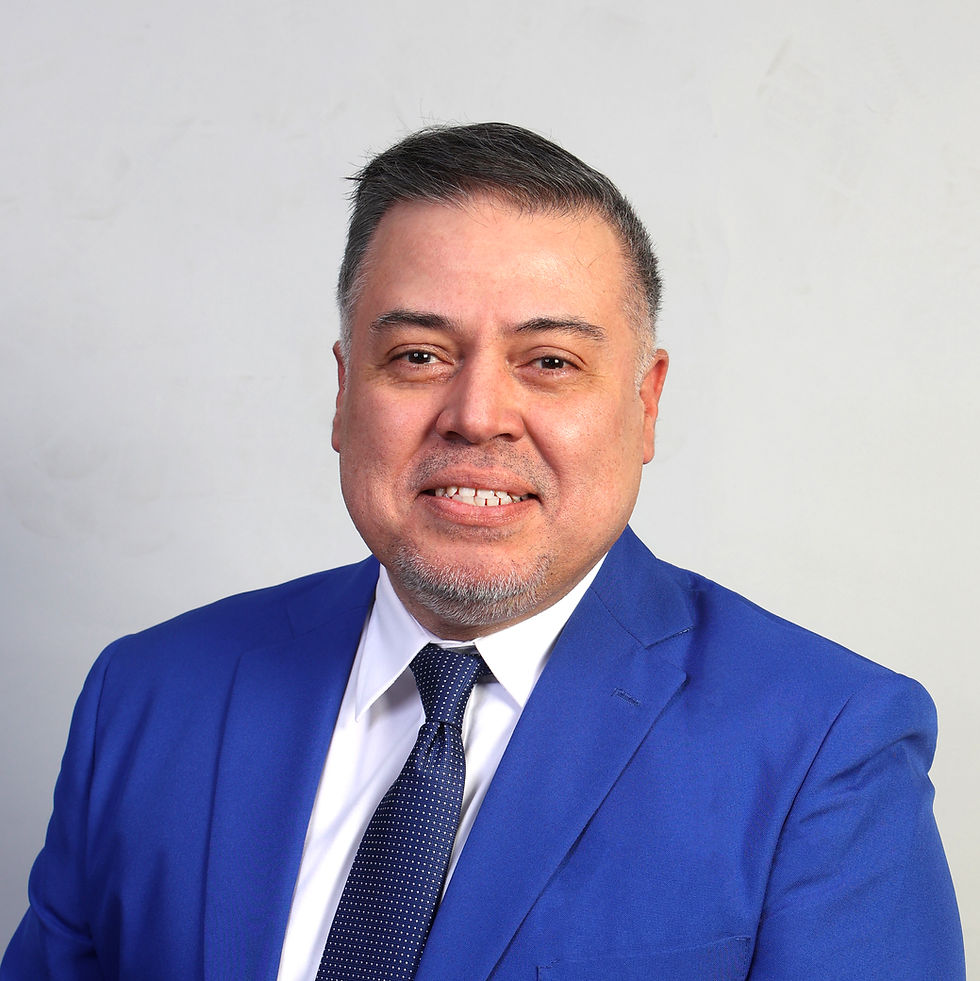What’s Next for Guaranteed Basic Income Program?
- Staff

- Jul 17, 2023
- 3 min read

The City of Rochester applications process for the Guaranteed Basic Income Pilot program(GBI) has ended. However, if you were one of the 16,000+ city residents that applied for the Guaranteed Basic Income Pilot program, here's what you need to know.
City residents eligible to participate in the GBI program were required to submit an application by June 29. Once accepted, recipients will receive monthly payments of $500 for 12 months. It is unconditional, which means there are no strings attached: no work requirements, and no restrictions on how the money can be used. So, what's next?
According to a report from City Hall, 16,123 people applied to receive GBI. Of that number, 13,255 are from Qualifying Census Tracts (a category determined by the federal government).
Here’s the rest of the process:
Currently, Notre Dame's Wilson Sheehan Lab for Economic Opportunities (LEO) is eliminating duplicates and ineligible applications, after which they will be conducting the random selection process among the eligible applications.
The first group of 175 applicants will be notified of their participation in the public program by the end of July. The second batch will be informed in September.
Once the applications have been randomly selected and applicants are notified of their participation, the non-profit program administrator Black Community Focus Fund (BCFF) will enroll the individuals into the GBI program. This step will include documentation of age, residency, and income. BCFF will also offer benefits counseling to help participants understand how GBI may affect their eligibility for government benefits.
Program participants will begin receiving their monthly, no-strings-attached $500 cash payments beginning in October and December of 2023, and will receive payments for 12 months.
Programs similar to GBI have been conducted in cities throughout the country, but is the first guaranteed income initiative in Rochester. According to RocGBI.com, GBI is meant to supplement, rather than replace, the existing social safety net and be a tool for racial and gender equity. The research component of the program will help determine the impacts of a guaranteed income and influence future policy decisions around broader poverty reduction programs.
Various studies show positive results from supplemental programs. The University of North Carolina at Chapel Hill reported famous experiments in the ’70s in Canada and in the United States.
"There was a really interesting study in Manitoba in the late ’70s, where they had a whole town that was subject to a guaranteed income policy — a floor that families would not fall below. A lot of randomized controlled trials in low-income countries have been using cash transfers since the late ’80s, early ’90s. Some of these are conditional cash transfers,” noted Associate Professor Doug MacKay. “In Mexico, for example, you might get a cash transfer from the government if you send your kids to school and take them for yearly doctor visits. And there was one recently in Finland, where they gave $500 per month to unemployed folks. These are high-quality studies. The evidence has shown that the UBI programs are pretty effective in a number of different ways. The caveat I would give is that they happen in different contexts, and the interventions are very different."
These studies provide insight into the data of supplemental income programs. The results could be a tool to bring permanent relief to marginalized communities. What do you think?
To learn more about the GBI program visit www.RocGBI.com.













Comments